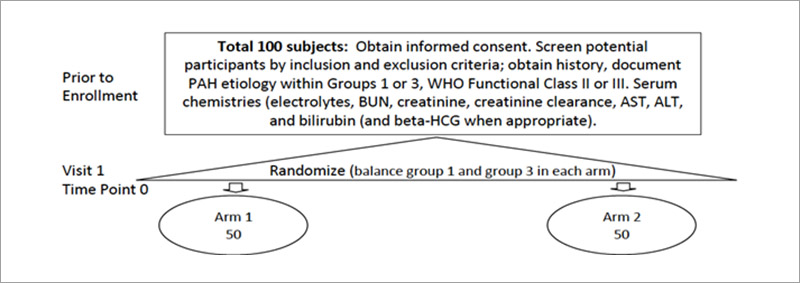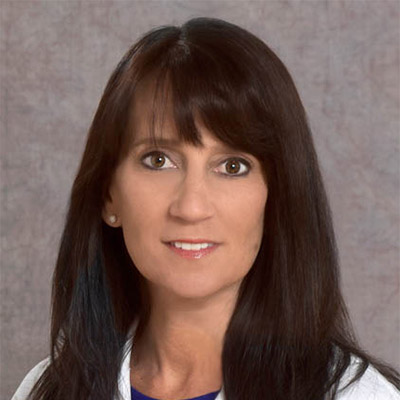The World Congress for Pediatric Cardiology and Cardiac Surgery (World Congress) provides an opportunity for experts in the field to gather as an interdisciplinary community to learn about the most up-to-date research for pediatric and congenital heart disease (CHD). During this year’s session, NewYork-Presbyterian/
NewYork-Presbyterian/
At the World Congress, more than 200 people attended the sold-out symposium which provided updates on treatments and surgical approaches, featuring notable presentations from Dr. Berman Rosenzweig and several other NewYork-Presbyterian/
- Usha Krishnan, MD, Associate Director of the Pulmonary Hypertension Center
- Christopher J. Petit, MD, Chief of the Division of Pediatric Cardiology
- Emile Bacha, MD, Chief of the Division of Cardiac, Thoracic, & Vascular Surgery and Director of the Congenital and Pediatric Cardiac Surgery
- Warren Zuckerman, MD, Associate Director of the Division of Pediatric Cardiology and Associate Director of the Program for Pediatric Cardiomyopathy, Heart Failure and Transplantation
- Aimee Layton, PhD, Director of the Pediatric Exercise Laboratory
“We put together a very informative and dynamic program that highlighted so much of the work that's done in collaboration [at NewYork-Presbyterian],” said Dr. Berman Rosenzweig, who planned and chaired the satellite symposium. “We had great engagement by the audience from all different countries and different specialties. It was a proud moment for our team.”
Pediatric Pulmonary Hypertension and Novel Therapeutics Were Key Topics
During the symposium, Dr. Berman Rosenzweig presented on pediatric PH treatment and where novel therapeutics fit into the treatment paradigm. The objective of her presentation was to provide a broad overview of PH diagnostic approaches, classification and risk stratification, and information on the current treatment landscape, including novel pathways.
Key highlights from her presentation included:
- The importance of using a comprehensive diagnostic algorithm when assessing patients for PH, including right heart catheterization when indicated.
- Updates to the definition of pulmonary arterial hypertension (PAH) and PH now recognize that some patients can fall into more than one category and that some patients with World Symposium on Pulmonary Hypertension (WSPH) group 3 PAH may benefit from some of the medications that are approved for WSPH group 1
- Explanations of the 2022 European Society of Cardiology (ESC) and European Respiratory Society (ERS) 3-Strata and 4-Strata Risk Models
- Outlined novel pathways currently being researched for the treatment of PH and PAH, including BMPR-II-TGF-β (bone morphogenetic protein type 2 – transforming growth factor- β) signaling; PDGF (platelet-derived growth factor) signaling; Nrf2 (nuclear factor erythroid 2-related factor 2) transcription factor; mTOR (mammalian target of rapamycin) pathway; estrogen signaling; and VIP (vasoactive intestinal peptide) signaling.
- Highlighted that the FDA approval of sotatarecept anticipated soon will be game-changing for pediatric patients as it has been shown to be effective in adults with PAH by rebalancing the BMPR-II pathway that is thought to be off balance in PH
Dr. Berman Rosenzweig also discussed the Kids MoD PAH Trial, which she is one of the three main principal investigators on. This critical study is a phase III, randomized, open label, pragmatic trial to compare the safety and efficacy of first-line combination therapy (sildenafil and bosentan) to first-line monotherapy (sildenafil alone) in pediatric subjects with World Health Organization (WHO) Functional Classes II or III and precapillary PH of Group 1 (PAH caused by idiopathic, heritable, drugs or toxins, congenital heart disease, or connective tissue disease) or Group 3 (PAH caused by lung disease or hypoxemia) according to the WHO (Nice) classification system. The investigators hypothesize that the combination therapy will result in better WHO functional class at 12 months after initiation of PAH treatment than with monotherapy. Recruitment is underway for this important trial, with the goal of enrolling 100 subjects and a target completion date of 2026.

Kids MoD PAH Trial recruitment and randomization
Key Takeaways from World Congress
In addition to the NewYork-Presbyterian symposium, Dr. Berman Rosenzweig presented on intravenous and subcutaneous therapy in pediatric PAH and moderated a discussion on state-of-the-art management of acute and chronic PH in the newborn during the World Congress.
Dr. Berman Rosenzweig shared her main takeaway from both the PH symposium and the conference overall. “There is much hope on the horizon in terms of novel therapies for a disease that was previously universally fatal in children,” she says. “We need to aim to make an early diagnosis to achieve the best outcomes. We want to make the correct diagnosis, including ruling out forms of PH that are not responsive to targeted therapies.”
There is much hope on the horizon in terms of novel therapies for a disease that was previously universally fatal in children. We need to aim to make an early diagnosis to achieve the best outcomes. We want to make the correct diagnosis, including ruling out forms of PH that are not responsive to targeted therapies.
— Dr. Erika Berman Rosenzweig
Other NewYork-Presbyterian/




